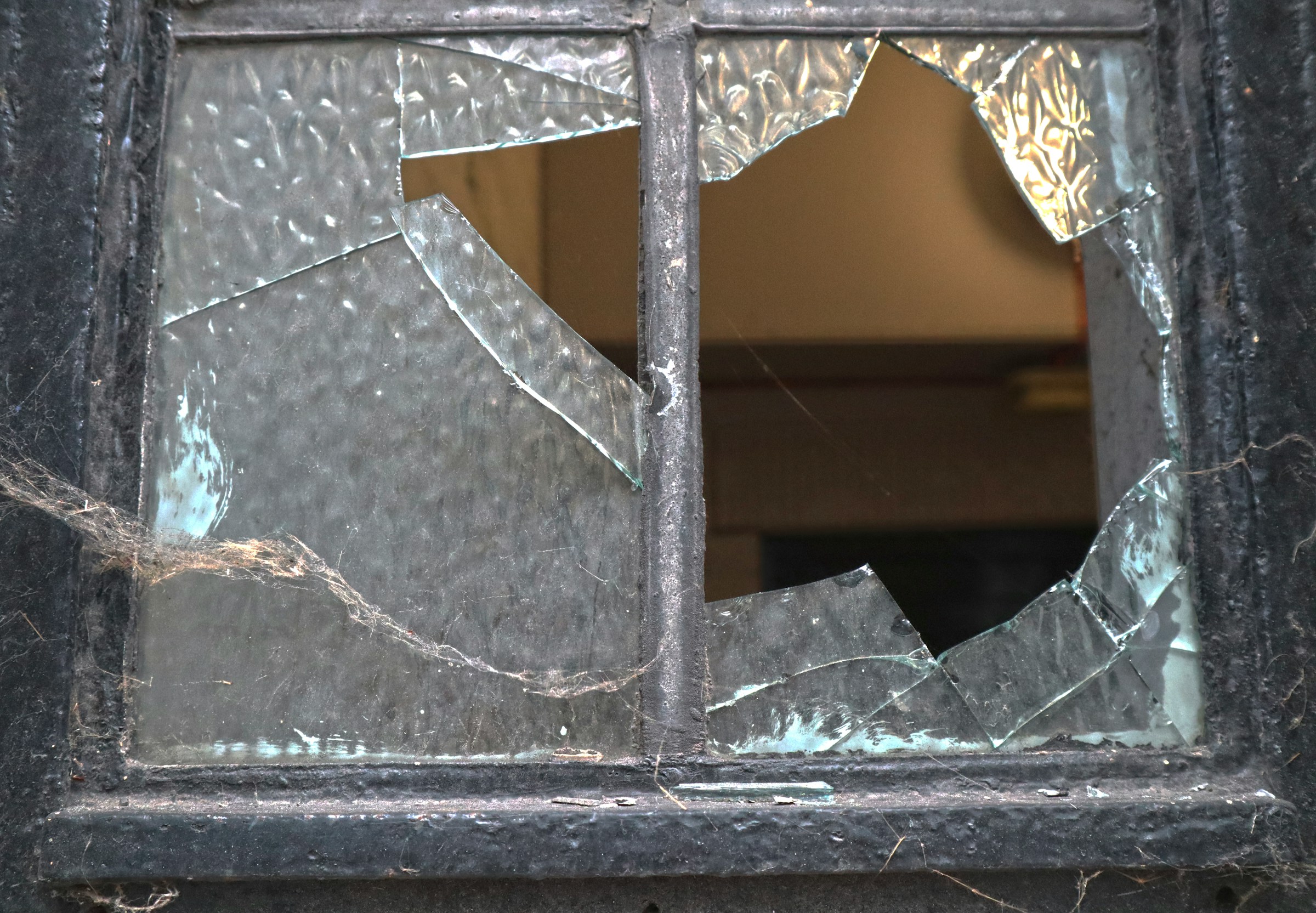Experiencing a burglary can be a traumatic and distressing event. Apart from the loss of personal belongings, the feeling of intrusion into your private life can be overwhelming. However, understanding how to navigate the process of filing a home insurance claim can provide some relief during these challenging times. This article will walk you through the steps to file a home insurance claim after a burglary in the UK, helping you reclaim what you’ve lost and possibly find some solace amidst the turmoil.
Contacting the Authorities and Your Insurer
In the wake of a burglary, your first course of action should be to contact the police. This is crucial, as your insurer will require a crime reference number before they can process your claim. Document any damage to your property and take pictures if possible. These will serve as evidence when you’re filing your insurance claim.
A lire aussi : How to Choose Between a Tracker Mortgage and a Fixed-Rate Mortgage in the UK?
After notifying the authorities, your next call should be to your insurance company. Notify them about the incident as soon as possible. Most insurers require that you inform them within a specified time from when the incident took place. Delaying might lead to your claim being denied. Provide them with the crime reference number and any other information they may require.
Understanding Your Policy Cover
Before you file a claim, it’s essential to understand what your home insurance policy covers. Typically, home insurance policies will cover losses incurred due to burglary, including damage to the property and stolen items. However, each policy has its terms, conditions, and exclusions which might affect the extent of your coverage.
Avez-vous vu cela : How to Handle a Denied Home Insurance Claim Due to Underinsurance?
In some cases, certain items like jewellery and expensive gadgets may not be included in your standard policy. They might require additional cover. Understanding your policy cover ensures you know what to claim for and helps prevent unnecessary disagreements with your insurer.
Preparing Your Insurance Claim
To file your home insurance claim, you’ll need to provide your insurer with a list of stolen or damaged items. It’s useful to have an up-to-date home inventory, which includes the purchase date, price, and description of all your home contents. This can expedite the claims process considerably.
In case you didn’t have a home inventory, try to remember and list all the lost items as accurately as possible. Receipts, photographs, or any other proof of ownership can be instrumental during the claim process.
Working with Loss Assessors and Other Parties
During the claims process, your insurer may appoint a loss assessor or a loss adjuster. The loss assessor works for you, the policyholder, while the loss adjuster works for the insurer. Their role is to assess the damage, determine the value of your claim and negotiate a settlement on behalf of the insurer.
It’s worth considering hiring a professional claims management company, like the Public Loss Claims Adjusters (PCLA), if your claim is particularly large or complex. They can help you navigate the claims process and ensure you get the settlement you’re entitled to.
Settling Your Claim
Once your claim is reviewed and agreed upon, the insurance company will proceed to settle it. The settlement might be in the form of repairs, replacements or cash. If the insurer decides to settle in cash, the amount will usually be based on the item’s value at the time of the loss, not its original purchase price or the cost of replacing it.
It is essential to note that if you’re not satisfied with the settlement offered by your insurer, don’t feel pressured to accept it. You have the right to challenge it. You can seek help from professional bodies like the Financial Ombudsman Service (FOS), which is an independent service for settling disputes between businesses providing financial services and their customers.
In conclusion, dealing with a burglary and the subsequent insurance claims process can be overwhelming. However, by understanding the steps outlined in this article, you can navigate this challenging time with more confidence.
Dealing with Possible Exclusions and Limitations
Home insurance policies usually cover most of the losses incurred due to burglary, but they also come with some exclusions and limitations. For instance, your policy may not cover theft from garages or outbuildings, or the policy may have a limit on the payout for individual items. Understanding these exclusions and limitations can save you from disappointments when making a claim.
Your insurance policy might also have a ‘single item limit’. This is the maximum amount the insurer will pay for any single item. If you have items whose value exceeds this limit, you may need to get them covered separately, often referred to as valuable items or personal possessions cover.
Another important aspect to understand is the policy excess. This is the amount you have to pay towards each claim you make. For instance, if your excess is £100 and the loss damage is worth £500, the insurance company will only pay £400.
Your insurer might also enforce a ‘new for old’ policy where they replace stolen items with new ones. However, things like clothing and linen might be replaced at their current market value, taking into account wear and tear.
To avoid any surprises, always check your policy documents thoroughly to understand all exclusions, limitations, and conditions.
Enhancing Your Home Security After a Burglary
Experiencing a burglary can be a wake-up call to enhance your home security. Making your home more secure not only gives you peace of mind, but it can also reduce your home insurance premiums.
Lasting peace of mind comes from knowing that your property is well protected. Start by evaluating your current home security measures and identify areas that need improvement. You might want to consider installing a burglar alarm, security cameras, or better door and window locks.
For a more comprehensive approach, consider using a home security company. They can do a thorough assessment of your property and recommend an integrated security system that fits your needs and budget.
It might also be worth joining or starting a neighbourhood watch scheme. Having vigilant neighbours can significantly deter potential burglars.
Remember to inform your insurance company about any security upgrades. They might adjust your premiums accordingly.
Conclusion
Experiencing a burglary can be distressing, but it’s important to stay calm and take the necessary steps for filing a home insurance claim. It’s crucial to report the incident to the police and your insurance company as soon as possible. Understand your insurance policy and know what it covers and excludes. Collaborate with loss assessors and loss adjusters during the claim process, and don’t hesitate to challenge the settlement if you’re not satisfied.
After the burglary, take measures to enhance your home security to avoid future break-ins and potentially lower your insurance premiums. Remember, the main aim of the home insurance is to put you back in the same position you were in before the loss. By understanding the claim process, you can navigate this challenging time with more confidence and resilience.











